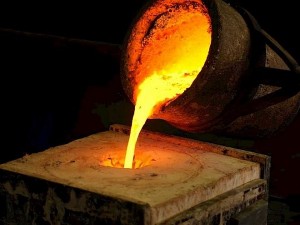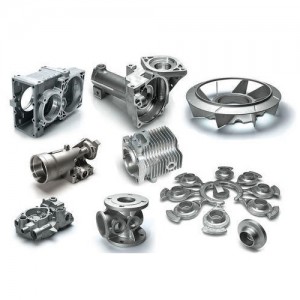Steel Casting
Steel Casting
What is steel casting?
Casting is the process where metal is heated until molten. While in the molten or liquid state it is poured into a mold or vessel to create a desired shape. Steel casting is one of the casting forms that is done by pouring the molten steel into the specific mold. Items such as gears, mining machines, valve bodies, wheels are all shaped through the steel casting.
Applications of steel casting
The flexibility of cast steels is perfect for any industry that requires unique and durable castings, so steel casting can be widely used in many other applications, such as industrial machining tools, locks, computer tools, eletronic parts, funitures, toy parts, automation machines, cars, constructions, power generators, railways, etc.
QY Precision has full experiences in many casting process, and offers different solutions to meet your need. You can choose the suitable one for your final products and market. Welcome to contact and send your 2D/3D drawings for free quotations.
-

Phone
-

E-mail
-

Top












